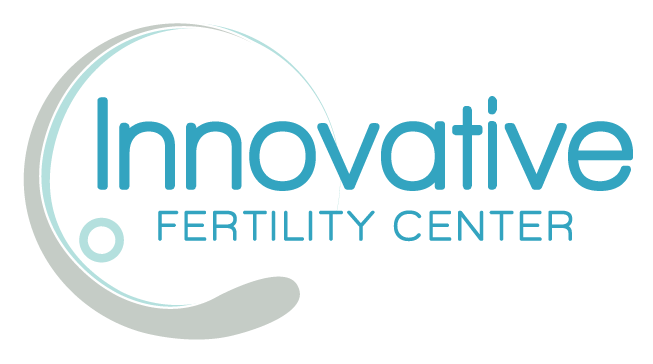Female Infertility Risk Factors
Educate Yourself on Female Infertility Risk Factors
Some causes of female infertility fall outside of your control. Dr. Mark Rispler and Dr. Joshua J. Berger provide treatment options that address anatomical or systemic barriers to getting pregnant, including: tubal factor infertility, polycystic ovarian syndrome (PCOS), chronic disease, endometriosis and ovulatory disorders.
Other female causes of infertility can be avoided. If you plan to start a family, our team cautions against certain health habits that put your reproductive health at risk.
General Health Factors: Risk Factor for Female Infertility
Before scheduling a consultation with an infertility specialist, evaluate your lifestyle and consider phasing out fertility inhibitors such as caffeine, alcohol and smoking.
Caffeine: Studies conclude that drinking 900 milligrams or more of caffeine per day can affect your chances for getting pregnant. Innovative Fertility Center recommends limiting intake to 1 cup of coffee or caffeinated beverage per day while you are trying to conceive.
Alcohol: There is a correlation between excessive alcohol intake and endometriosis and ovulation disorders. Reproductive endocrinologists often recommend abstaining from alcohol during fertility treatment.
Smoking: Besides increasing the chance for miscarriage and ectopic pregnancy, smoking interferes with the vital reproductive function of ovulation. In addition, smoking can damage the cervix and fallopian tubes.
Age and Weight: Key Contributors to Infertility
You can’t turn back the clock, but recognizing that maternal age is a major factor in infertility may spur you to seek help from a fertility specialist sooner rather than later. The optimal age for conception falls within a woman’s 20s. By her mid 30s, the chances for getting pregnant decrease.
Before age 35
A woman is clinically diagnosed with infertility after 1 year of trying to get pregnant.
After age 35
The recommended point at which a woman should see a fertility specialist is after 6 months of trying to get pregnant
As a woman ages, the eggs (oocytes) that a woman releases each month during ovulation will age as well. Aging affects the quality and percentage of eggs with chromosomal abnormalities.
Eggs also decrease in number with each passing year. For this reason, the odds of getting pregnant decrease from an optimal 90 percent to 67 percent by age 40, and to 15 percent by age 45.
In addition, women that are overweight or underweight may have trouble getting pregnant. Body mass index has been shown to affect ovulation, so our team recommends taking proactive steps to maintain a healthy weight.
Take Steps to Diagnose and Treat Sexually Transmitted Disease (STD)
Left untreated, chlamydia and gonorrhea can cause infertility. The symptomless chlamydia virus can cause pelvic inflammatory disease (PID) and irreparable damage to a woman’s fallopian tubes and uterus. Routine screening for chlamydia and gonorrhea can help prevent damage that makes it impossible for a woman to get pregnant without medical intervention.
Many female infertility risk factors also apply to the male partner, so your doctor will likely need to interview both partners before initiating a fertility treatment plan. Contact the Manhattan Beach office of Innovative Fertility Center to assess your risk of female infertility.
- Causes of Infertility
- Causes of Female Infertility
- Female Infertility Risk Factors
- Stress and Infertility
- Age and Infertility
- Blocked Tubes
- Endometriosis
- Fibroids and Infertility
- Polycystic Ovarian Syndrome
- Recurrent Pregnancy Loss
- Secondary Infertility
- Unexplained Infertility Treatments
- Uterine Polyps
- Weight and Infertility
- Causes of Male Infertility
- Male Infertility Risk Factors
- Abnormal Semen Analysis
- Azoospermia
- Low T Treatment and Infertility
- Low Sperm Count
- Fertility after Vasectomy
- Varicoceles
- Causes of Infertility
- Causes of Female Infertility
- Female Infertility Risk Factors
- Stress and Infertility
- Age and Infertility
- Blocked Tubes
- Endometriosis
- Fibroids and Infertility
- Polycystic Ovarian Syndrome
- Recurrent Pregnancy Loss
- Secondary Infertility
- Unexplained Infertility Treatments
- Uterine Polyps
- Weight and Infertility
- Causes of Male Infertility
- Male Infertility Risk Factors
- Abnormal Semen Analysis
- Azoospermia
- Low T Treatment and Infertility
- Low Sperm Count
- Fertility after Vasectomy
- Varicoceles
